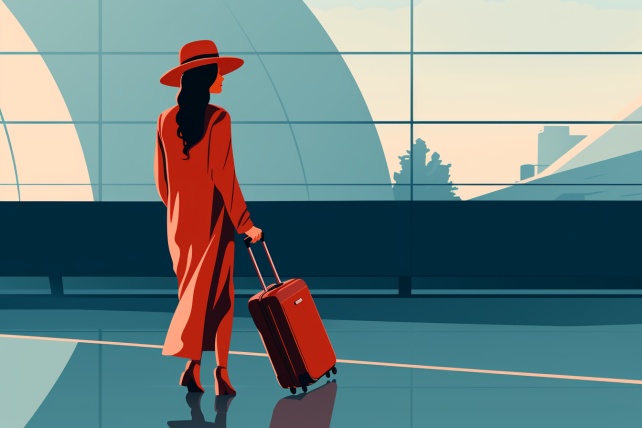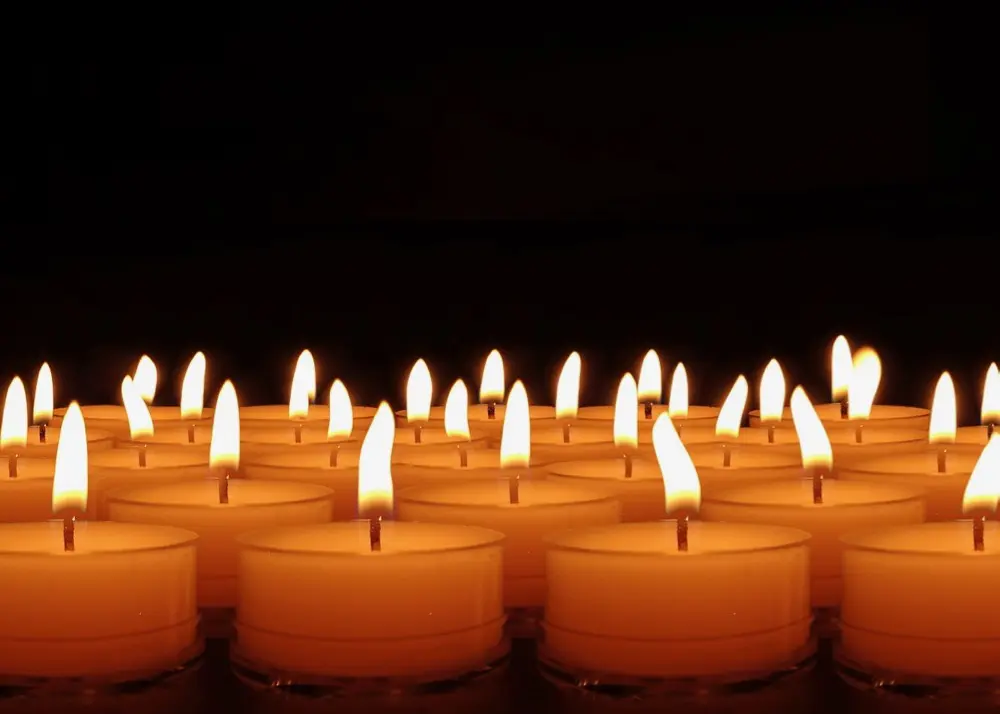The government shutdown was supposed to be a non-event for travelers, but it didn’t quite turn out that way.
When a gridlocked Congress shuttered vast sections of the federal government on Oct. 1 and furloughed 800,000 workers, its decision touched tourists in unexpected ways, from abruptly canceling a camping trip in a national park to foiling a destination wedding. It drained visitors from popular attractions, causing hotel occupancy rates to plummet and hurting other travel-related businesses.
Along the way, many travelers have discovered the important — and often underappreciated — part that the federal government plays in travel.
(Note: This story first appeared during the 2013 government shutdown. As Congress prepares to shutter many government functions again, we’re revisiting this topic.)
Without the government, they learned, some of the most interesting parts of the travel industry simply wouldn’t exist. “People haven’t been as aware of the government’s role in travel,” says Joshua Huder, a senior fellow at Georgetown University’s Government Affairs Institute.
It didn’t look like much of a shutdown, but …
On paper, the shutdown didn’t look like much, at least from a travel point of view. Both federal Transportation Security Administration screeners and air traffic controllers remained on the job. America’s embassies and consulates stayed open. The State Department continued processing passport applications.
But in practice, it turned out to be a significant event. Travelers weren’t ready for the closing of America’s 401 national parks. That includes all monuments along the Mall, the Smithsonian museums and the National Zoo. “People wanted to know, ‘What does any of this have to do with the issues in Washington?’ ” says John Reynolds, a former deputy director of the National Park Service. “The answer is: ‘It has absolutely nothing to do with it.’”
Count Kristy Michael among them. She was camping in Grand Teton National Park on Oct. 2 when a park ranger at Gros Ventre Campground ordered her and her husband to pack up their Airstream and leave the facility within 48 hours, a day earlier than planned. “Our original plan was to head south from Grand Teton and visit Arches, Bryce Canyon and Zion National Parks in southern Utah,” she adds. “Of course, with the shutdown that won’t be happening.”
This is possibly the worst time of year to close a national park, particularly in the Western United States. “Because temperatures here in the desert are starting to cool down, this time of year is incredibly important to us,” says Robert Richardson, who runs a recreational gear review site in Las Vegas. “To have these parks close during the peak of the season is devastating to our tourism industry.”
Making matters worse, the National Park Service has threatened anyone entering any of the national parks or national wildlife refuges with a $5,000 fine and jail time of up to six months, an action that Richardson called “absurd.”
Closed museums, disrupted plans
Museums closed down, too. Marcy Schackne, a vice president for a luggage company in Fort Lauderdale, Fla., had plans to fly to Washington later this month for a wedding but has already canceled her museum visits.
“Nothing is open,” she said.
The happy couple planned to get hitched in the District. But Schackne fears that the closings could force them to change their wedding plans, too.
Across the Potomac in Arlington, the combined effects of a slump in tourism and canceled trips related to the government shutdown has resulted in up to a 50 percent drop in hotel revenue, according to Cara O’Donnell, a spokeswoman for Arlington Economic Development.
“It’s really hurting us,” she says.
Everyone wants to blame the shutdown
Travelers, meanwhile, are quick to blame their travel problems on the shutdown, even when the connection is tenuous at best. Don Fairley, a retired marketing executive from Long Beach, Calif., says that he endured a 1½-hour wait at customs in Houston after flying in from Frankfurt, Germany, last week. “It was a total mess,” he says.
Helene Ward and her husband were returning to Washington Dulles International Airport from Athens on Oct. 2 “inordinately long lines” greeted them at customs.
“There was only one customs officer,” she remembers. “It was bad enough for Americans to see how dysfunctional our government is. But it’s shameful for foreigners to see us at our worst.”
While these problems, both real and imagined, may pale in comparison with the disaster that some predict will occur if the U.S. government defaults on its debt — a possible result of the legislative brinksmanship — I can’t help adding my own tale of woe. I’m scheduled to start a three-week tour of America’s Western national parks, including Yellowstone and Grand Teton, on Monday. Even if all the parks reopen, Reynolds says that it will take weeks for them to be fully up and running smoothly.
I don’t know how to break it to my kids. Maybe I should start by telling them a little bit about how our government works — or doesn’t work. (Related: How can you miss your national parks if they never go away?)
There’s no substitute for a closed museum or park. You can’t replace a visit to the South Rim of the Grand Canyon, because there’s nothing on Earth like it. Thanks to the closings, our trip, and many others, could end in disappointment.
Perhaps the only real solution is to let Congress know how unhappy you are about your foiled travel plans. An e-mail or phone call would do the trick. But experts agree that the best opportunity to express your disapproval may be at the ballot box.




